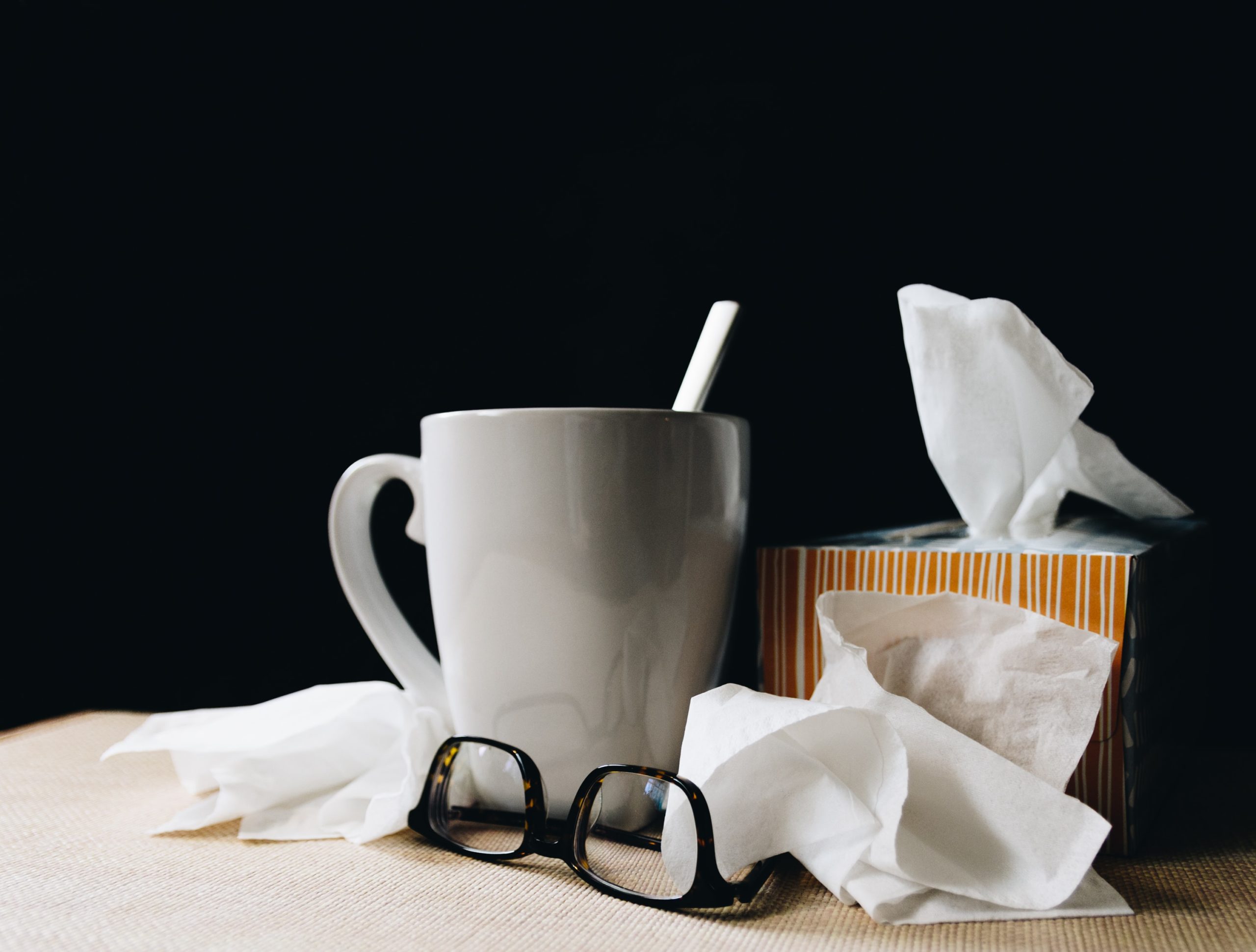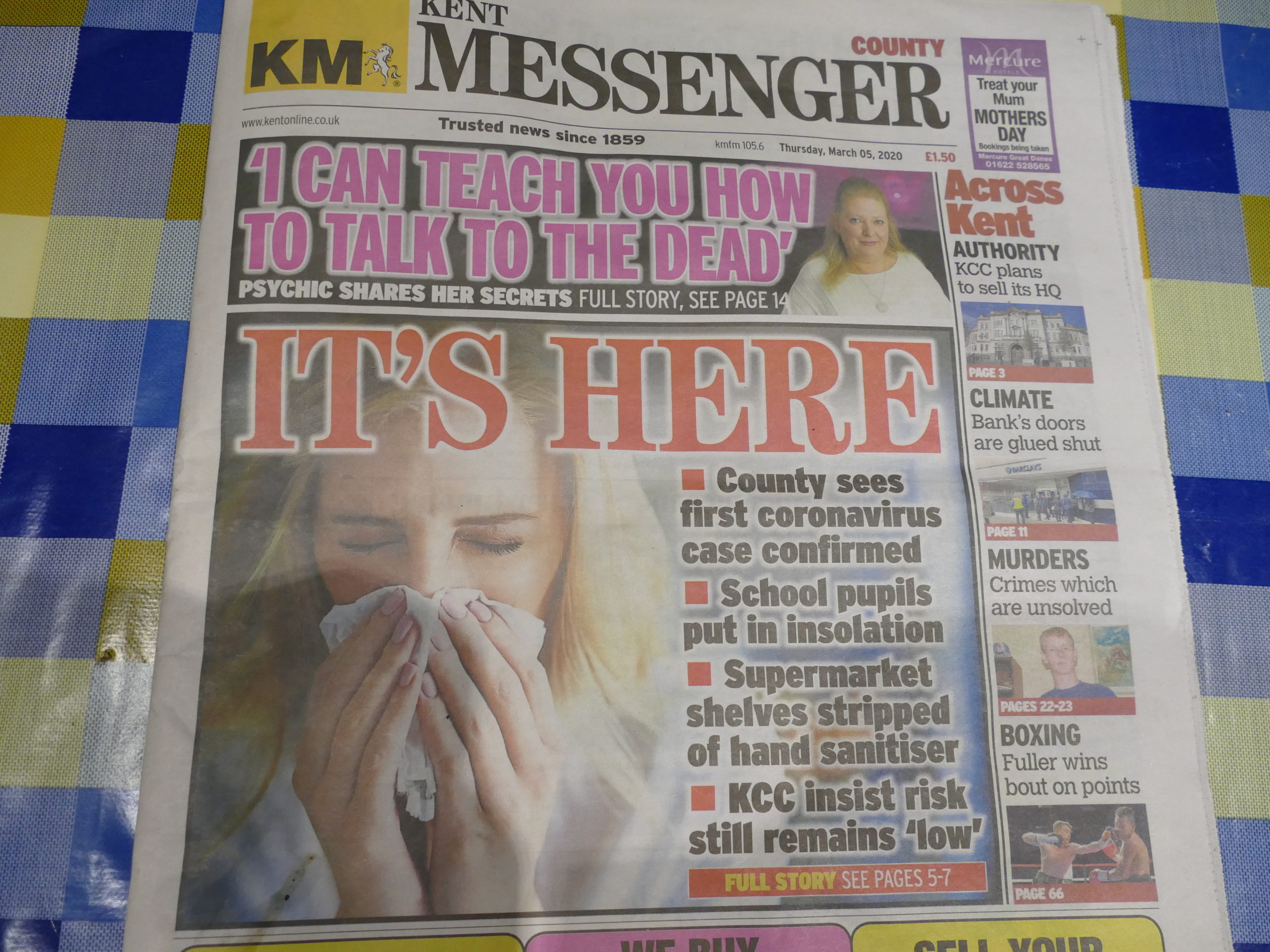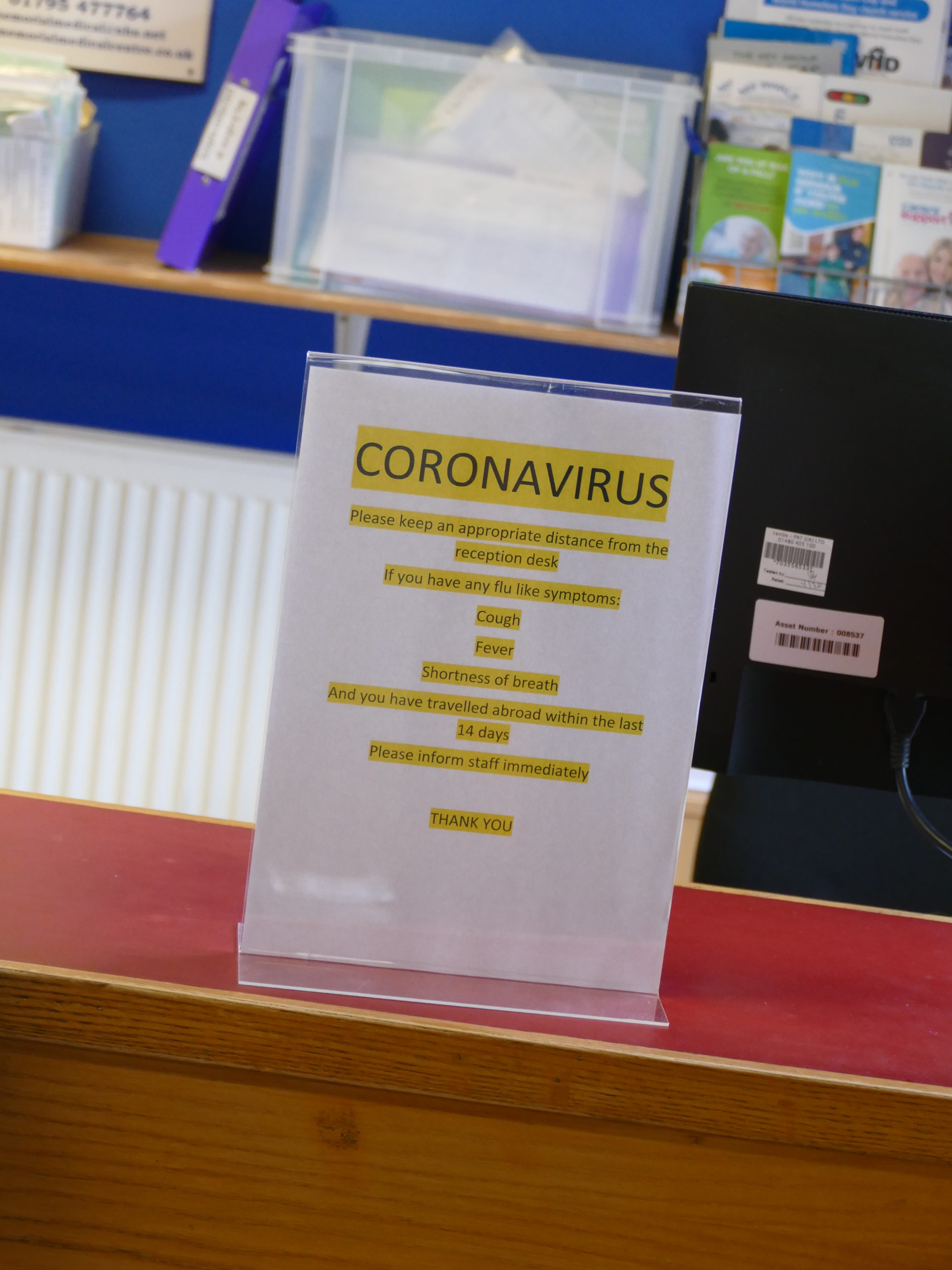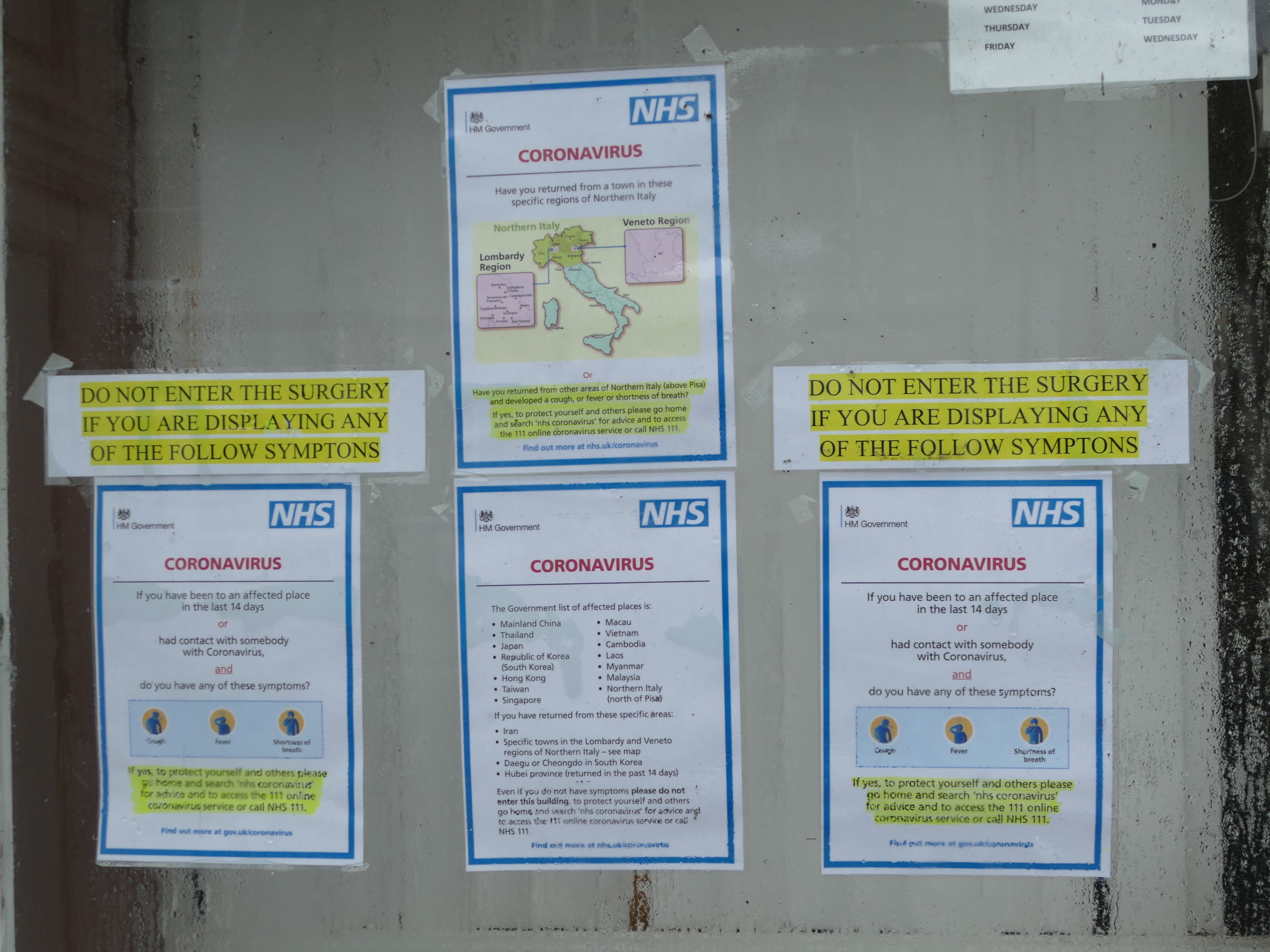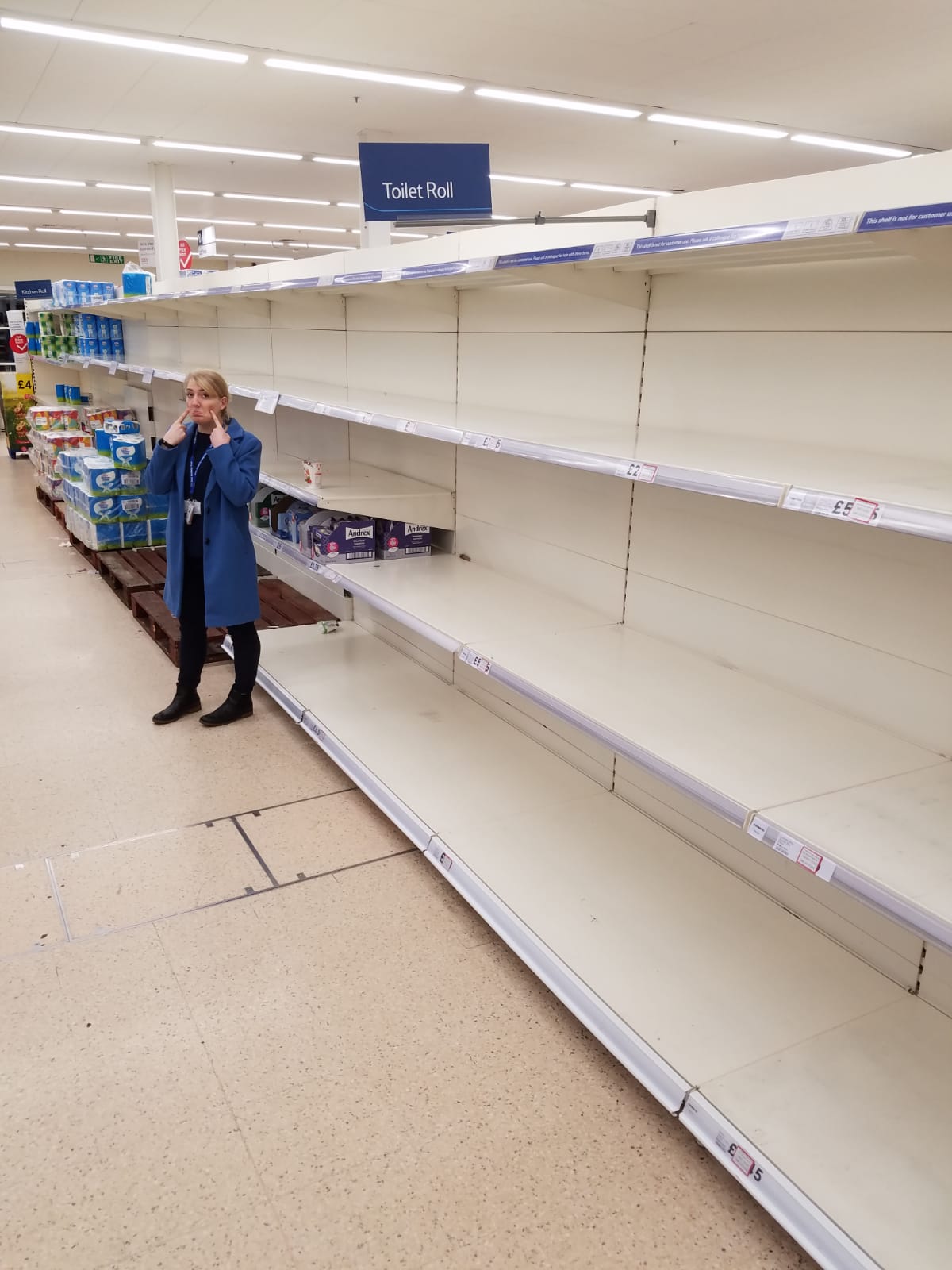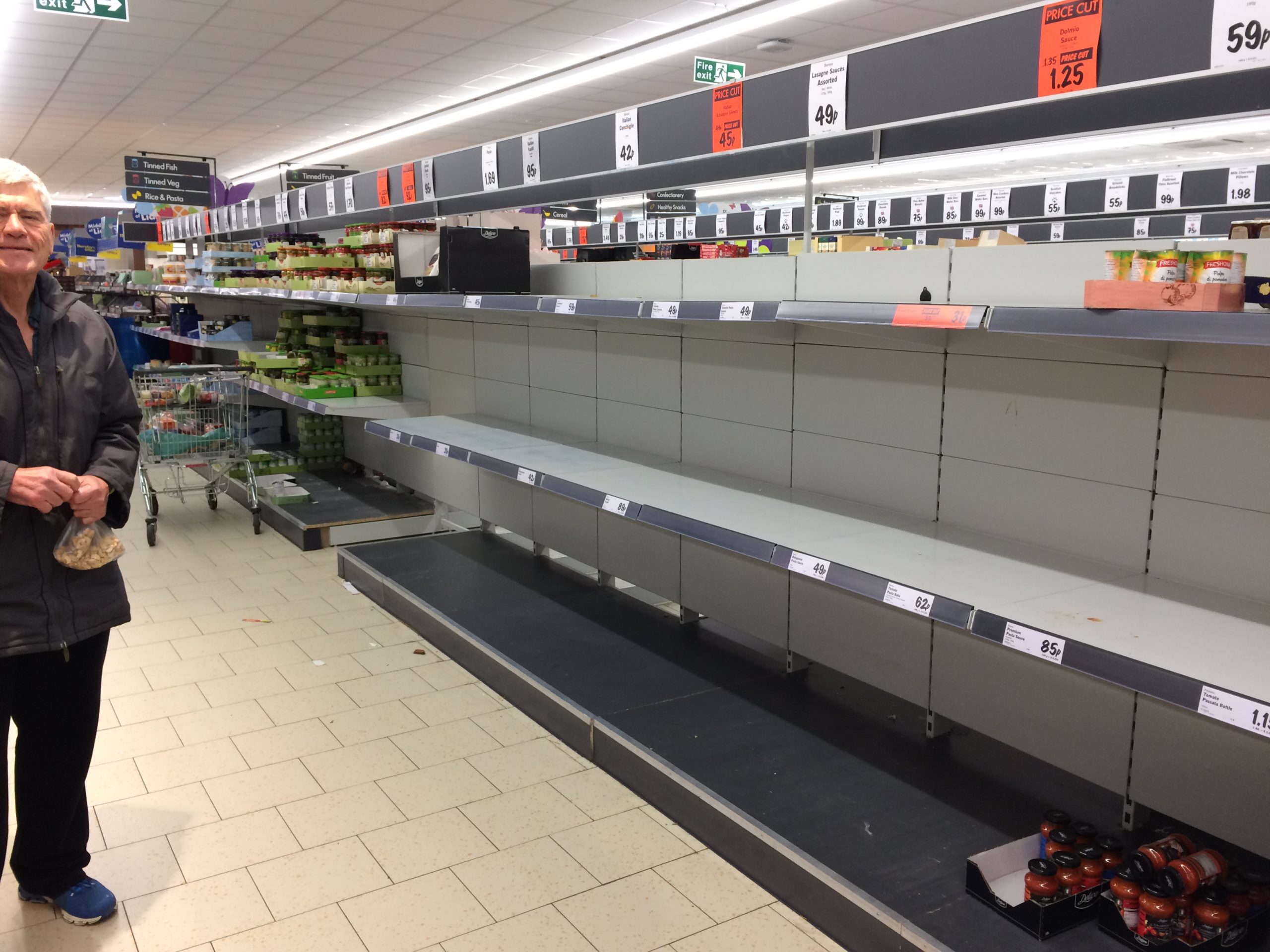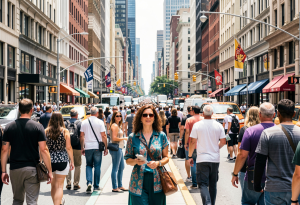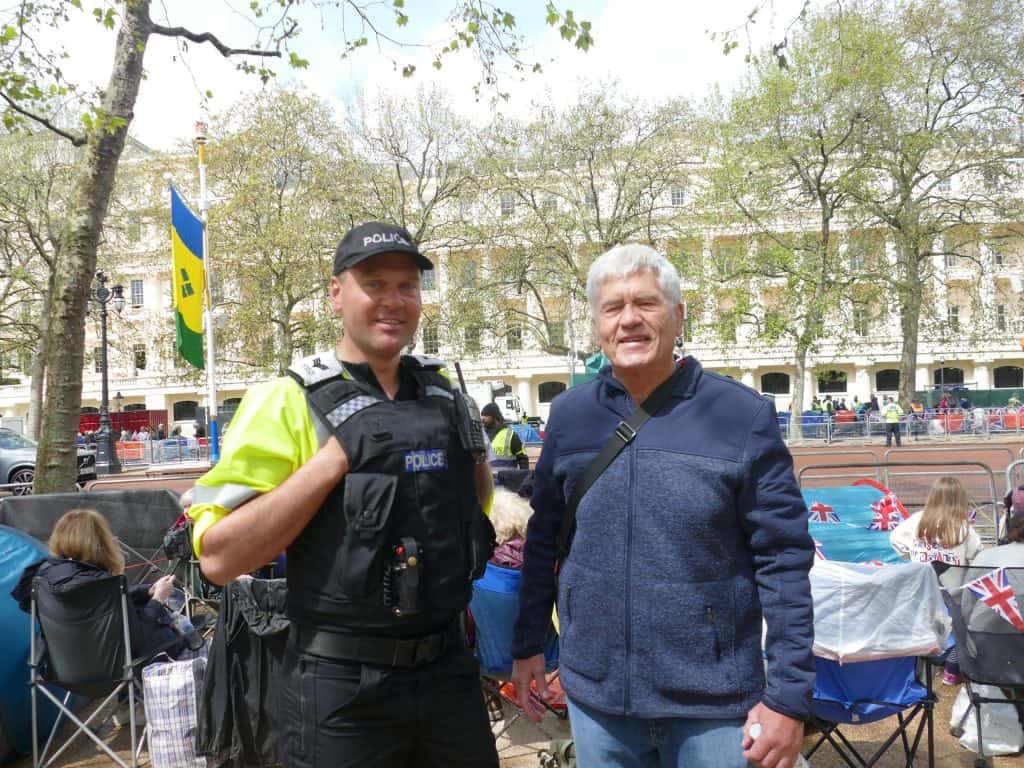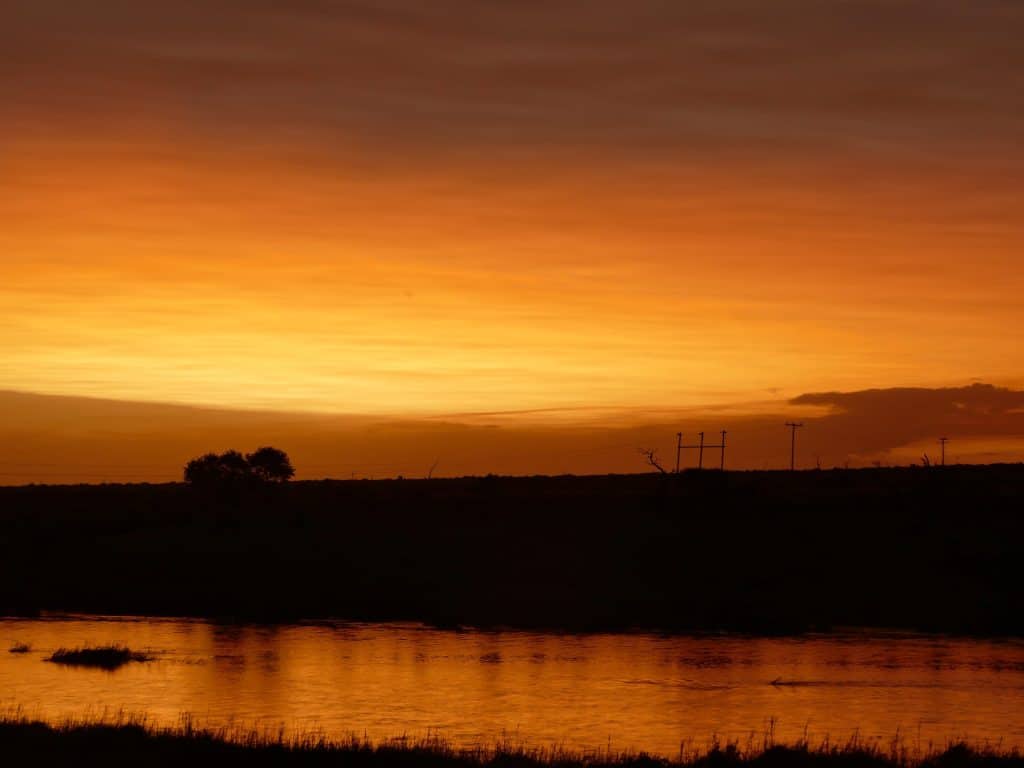The new Coronavirus, the 2019-nCoV is rapidly becoming a pandemic and the effects are felt on many levels of society in most of the countries affected so far.
Events in Italy demonstrated how rapidly this virus infection can spread. On the 31st of January, the Santa Cecilia Music Conservatory in Rome, one of the oldest music institutions in the world, controversially suspended lessons to all oriental students (Chinese, Korean and Japanese) and anyone who has recently visited any of these countries. This move took place as the first two cases of Coronavirus were identified in Italy. When the pope came down with a cold he was immediately tested for coronavirus, which luckily proved negative. On the 23rd of February, when Italy had 132 cases, the legendary La Scala opera house suspended all performances until further notice. The Lombardy government then ordered the closure of any event where large numbers of people gather, with the effect that the famous football club, Inter Milan cancelled home games. On the 9th of March, the number of cases had already risen to 9,172, and the whole of Italy, with a population of 60.6 million went into lockdown. This meant a ban of all public gatherings from 10th of March, and that schools, universities, cinemas, theatres, gyms, ski facilities and pubs are closed and that movement is severely restricted except for work and emergencies. The World Health Organisation report issued on the 12th of March, indicates 12462 cases for Italy.
In Switzerland, the Geneva Motor Show has been cancelled, after the government banned all events for more than a thousand people. This show has been in existence since 1905, and has only been interrupted by the two World Wars. Whilst the World Health Organisation has praised the Chinese government’s handling of the outbreak, Iran’s response has been a bit chaotic. For example, pilgrims were still allowed to visit the mosques and shrines in huge numbers in the city of Qom, even after the first local cases were identified. Then Iran’s deputy health minister, who showed clear signs of being infected with the virus during a press conference, which was arranged specifically to demonstrate that the government is on top of the situation. Iran’s vice president, Masoumeh Ebtekar, also became a Corona victim, it was announced on the 28th of February, one of the more than 254 cases. By the 12th of March, the World Health Organisation estimated Iran’s corona cases to number 9000.
In the Ukraine, a busload of evacuees from Wuhan, the city where it all began was attacked, prompting the country’s health minister to join the refugees in quarantine. Experts reckon this virus to be more lethal than the regular flu virus, which kills 60,000 Americans in a bad year. However, we do not have acquired a collective immunity, as with flu.
Global economic growth is expected to be as few percentage points lower over the next year and this prospect has led to sharp reduction in share prices on the major stock exchanges. Governments in seriously affected countries have the unenviable task of deciding between introducing very restrictive measurements to contain the virus at all costs, or to be less strict in order to minimise harm to the economy. In the Hubei province of China, where the virus originated, the authorities imposed draconian measures like shutting factories, stopping public transport, and ordering people to stay indoors. This raised awareness and changed routines and according to “The Economist” saved tens of thousands of lives, but the harm to the economy was demonstrated by an 80% drop in car sales in February in China.
In the UK, it is not just the threat of the pesky virus, as we have been hammered by four severe storms in a row, the first one named Ciara hit the Isle of Wight, for example, with gale force winds that exceeded 300 kilometres per hour at one stage. As one of my patients remarked, “we really have been under the cosh lately”. February has been the wettest it has ever been since records began in 1766, with a UK average of 4202.1 mm. of liquid sunshine falling, causing severe flooding in Yorkshire, Scotland and the West country. The second wettest February was in 1990 with 193.4 mm. whilst in 1833, a still very wet 159mmm made for the third most miserable February. And it was not just winter rainfall. Heavy rains began falling as early as September last year, so that the soil was already saturated before December, making the six months to February the second wettest ever. No wonder that widespread flooding occurred in the north of England and Wales, mostly in the towns on the Severn and Ouse rivers.
On a personal level the effects of the Corona threat are beginning to hit home. For example, the Six Nations rugby matches between Ireland and Italy, has been called off. We, my son Christiaan, his wife Nicole and I, had every intention of going to Dublin for the game, but luckily never got so far to buy the tickets. The England versus Italy rugby test has also been postponed. My niece, Shirley Wright, who is a buyer for Pep Stores, contacted us to say that their business trip to London has been called off. Friends from South Africa, Piet and Jolita Erwee, who were due to come over for a visit in May, are now having second thoughts about travelling. This morning at church, a good friend Roelof Oelofse, told me about his difficult decision of whether he should go through with a planned visit to his 93-year-old father in an old age home in lovely Pringle Bay in the Western Cape. After serious family discussions, Roelof decided to go and his sister is waiting for him with lots of Dettol surface spray. Our son, Simon, his wife Lucie, and our grandson Arlo, are due to go to Tenerife next month, as part of a big family group. Is it the right thing to travel with a baby when there is a flu type pandemic on? Luckily children seem to be relatively unaffected so far. Mariaan and I are booked to fly to South Africa in May, and have every intention to enjoy our Kruger National Park bookings.
Quite a few unexpected developments today, 12 March. My sister phoned from Galway in Ireland to tell us that her two daughters will be home from school for two weeks. My daughter, Rene, who is employed at Debenhams head office in London, was informed that they will be working from home for now.
In the meantime, Boris Johnson outlined his government’s strategy through the chief medical officer Professor Chris Whitty. Apparently, the plan is to first contain the virus, then delay its spread, and finally mitigate the impact of an outbreak while researching the behaviour of Covid-19 and potential cures. The current confirmed cases are treated in five specialist isolation units which is due to be increased to 19 hospitals. Normal patients will increasingly have to be seen via video calls as beds will be needed to treat the virus victims. The first local Corona case was identified in Maidstone, a town close to us. Ironically, the person who contracted the virus, was based in the NHS Foundation Trust office suite, but was not in a direct role working with patients. The offices were closed for a ‘deep clean’. According to the local newspaper, Kent Messenger, isolation pods have been installed in two local hospitals in preparation for a surge of suspected cases.
What will the situation be in two weeks’ time as the number of cases is rapidly increasing worldwide? On the 3rd of February (New Scientist) the global case numbers were 17,391, almost all in China. By the 27th of February this figure has jumped to 68, 513 in 50 countries worldwide, which then rose to over 85650, in close to 60 countries, by the beginning of March. On the 8th of March the total number of cases already topped 105,000. The latest WHO COVID report indicate 125,048 cases globally, as well as a dramatic drop-off in the infection rate in China, which indicates the epidemic has peaked there at least.
Seasonal pattern
There is an expectation that the rate of infection might ease off as the warmer weather begins in April. This virus, like the flu virus, might well follow a seasonal pattern. In winter people are more inclined to congregate indoors and their resistance is lower, due to a relative lack in vitamin D. It might well be the southern hemisphere that has to cope with an increasing rate of infection as the temperatures there start to drop.
Positive effects of Corona
Luckily there is a reaction for every action, and this pandemic has forced oil prices down to $46.31 per barrel for Brent crude, the lowest since 2017. In Vienna the largest oil producing nations, making up the Opec cartel, got together to get agreement on the cutting back of production, to prevent the oil price from plummeting further, but could not reach agreement after 3 days of intense discussions. This can only be good news for long-suffering transport companies and motorists and struggling economies in general.
Air pollution in China caused by tiny particles that get in the lungs and cause breathing problems has been slashed dramatically in the wake of the Coronavirus.
The country’s government closed down much of its industrial activity and restricted air and car travel to limit the spread of the killer virus. The Copernicus Atmosphere Monitoring Service (CAMS) observed a decrease of fine particulate matter (PM2.5) for February relative to the previous three years of between 20 and 30 per cent, Copernicus said in a statement. PM2.5 is one of the most important air pollutants regarding health impacts according to the World Health Organization. PM2.5 are tiny particles about 25 times smaller than the width of a human hair which get inside the body and are linked to respiratory issues. A dramatic drop-off in the levels of Nitrogen dioxide over a wide area has also been observed. Nitrogen dioxide is a noxious gas which is released during fuel combustion and emitted by cars, power plants and industrial facilities. It forms when fossil fuels such as coal, gas or diesel are burned at high temperatures and can cause a range of harmful effects on the lungs including
The Chinese long overdue total ban on wildlife markets can have long term benefits, for example the next generation of kids growing up without knowledge of the wildlife trade and habits of eating exotic wild animals.
Incidentally the sales of the identically named Corona beer (Corona meaning crown) have remained strong in the US, with 5% rise, but have collapsed in China.
Origins of Corona virus – wildlife markets
Teams of researchers are frantically working to solve the mystery of which wild animal at the Wuhan food market was the source of the coronavirus the leapt into people. The most likely candidates are snakes, pangolins or bats? When bacteria, viruses or parasites spreads from animals to humans and cause an infectious disease it is called zoonosis. These diseases can be deadly because we have no pre-existing immunity to them. The virus behind the SARS outbreak of 2002 and 2003 spread from bats into palm civets before infecting people. In the meantime, China’s highest authorities have enacted a permanent ban on the “hunt, trade and transport terrestrial wild animals that grow and reproduce naturally in the wild for the purposes of food.” Concerned campaigners have been clamouring for an end to wildlife markets in China for decades. Animals in these markets were often sick or disease-laden, and kept in poor, unhygienic conditions. The markets were also home to huge under-the-counter trade in illegal fare, such as shark fins.
Coronavirus symptoms
This clear, simple illustration of the most relevant symptoms on the BBC website. One expert remarked if you have a virus infection that produces phlegm, then rest assured it is not Corona. The Coronavirus is geared to attack the lungs.
Developing vaccines and antibodies
The development of an effective vaccine could be essential for controlling this pandemic. But this could take a year or two to develop and test properly. Until then the viral infections can be treated by the use of antibodies or small molecule drugs. Antibodies are less likely to cause side effects than drugs, because they bind more specifically to the virus and trigger their destruction. The development of these antibodies could be done within months, and then follows the challenge of mass-producing then fast enough. In the meantime, we can only wash our hands regularly with hot water and soap, try not to touch our faces, stay away from people who feel unwell, enjoy life and hope for the best.
* Please note that this information was correct at the time this article was published. We will do our best to keep you as our reader updated regarding the current situation with the COVID 19 virus.



